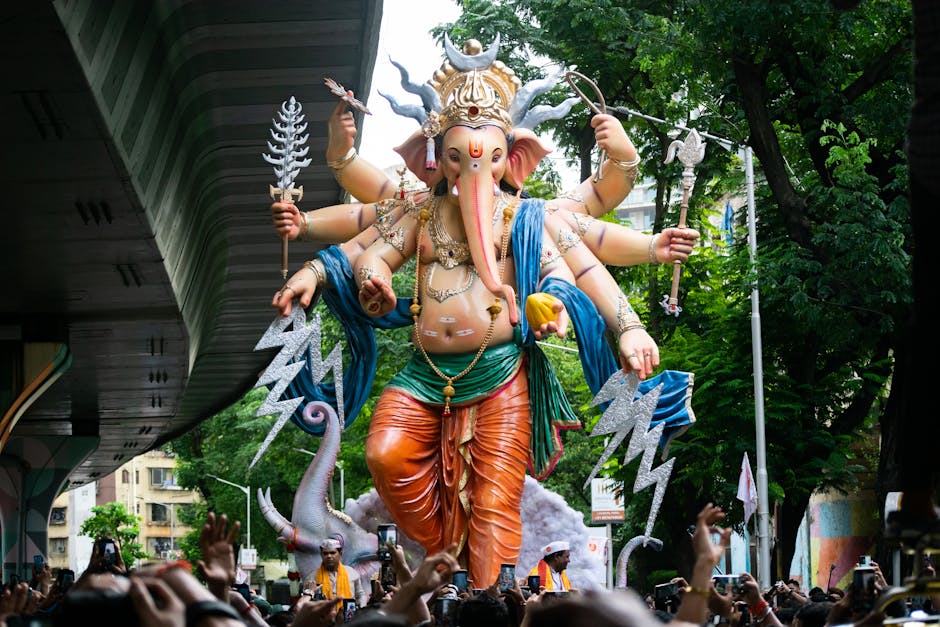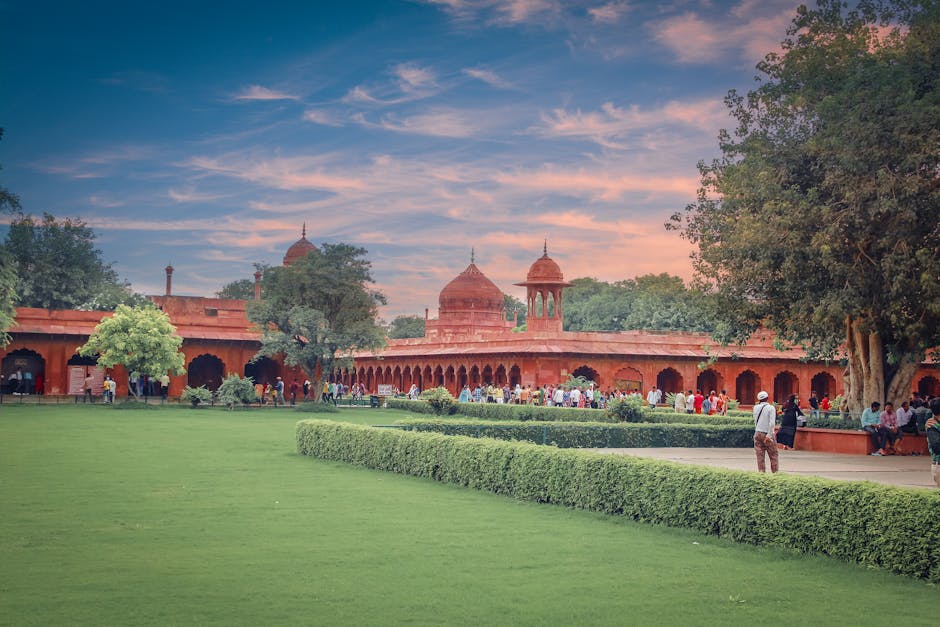How Zohran Mamdani’s Campaign Turned Politics Into a Fandom Movement
In the fast-paced world of politics, where voter engagement can make or break a campaign, New York Assemblymember Zohran Mamdani’s team has cracked a unique code: leveraging the power of fandom to mobilize supporters. The Democratic Socialist’s re-election campaign has turned heads by blending pop culture, grassroots organizing, and digital savvy to create a movement that resonates deeply with young, politically engaged voters.
The Fandom Playbook: How Memes and Pop Culture Drive Engagement
Mamdani, who represents Astoria in New York’s 36th Assembly District, has long been a progressive firebrand, advocating for policies like universal rent control and Medicare for All. But his latest campaign strategy takes inspiration from an unlikely source: the fervent energy of sports and entertainment fandoms.
His team has adopted tactics commonly seen in fan communities—memes, inside jokes, and shared identity—to build a dedicated base. Campaign volunteers and supporters don’t just see themselves as political allies; they’re part of what Mamdani’s team calls the “Zohraniverse,” a playful nod to the interconnected worlds of comic books and TV series.
Memes as Mobilization Tools: Viral Content Meets Political Messaging
One of the campaign’s most effective tools has been meme culture. Instead of relying solely on traditional ads or stump speeches, Mamdani’s social media channels are filled with humorous, relatable content that mirrors the language of online fandoms.
A recent Instagram post, for example, superimposed Mamdani’s face onto a still from The Lord of the Rings with the caption: “One does not simply oppose corporate landlords.” The post went viral, sparking engagement far beyond his district.
This approach isn’t just about laughs—it’s about accessibility. By meeting voters where they are (often scrolling through TikTok or Twitter), the campaign breaks down the barrier between “politician” and “constituent,” making policy discussions feel less like lectures and more like conversations among friends.
Grassroots Meets Geek Culture: The Rise of “ZohranCon”
Beyond memes, Mamdani’s campaign has embraced the conventions of fan conventions—literally. At a recent “ZohranCon” event, supporters gathered for a mix of policy discussions, live music, and cosplay (yes, some attendees dressed as Mamdani himself). The event blurred the lines between a political rally and a comic-con, attracting first-time voters who might otherwise feel disconnected from traditional politics.
The campaign has also tapped into the collaborative spirit of fandoms. Supporters are encouraged to create their own content—fan art, remix videos, even parody songs—which the campaign amplifies. This not only boosts engagement but also fosters a sense of ownership among volunteers.
Why It Works: Authenticity, Inclusivity, and Fun
Political campaigns have long borrowed from marketing and entertainment, but Mamdani’s approach goes deeper. By treating politics as a form of participatory culture, his team has built a loyal, self-sustaining community. The strategy hinges on three key factors:
- Authenticity – Mamdani’s background as a rapper and housing activist makes the fandom angle feel genuine, not forced.
- Inclusivity – The campaign actively centers marginalized voices, ensuring the “Zohraniverse” reflects Astoria’s diversity.
- Fun – Politics can feel exhausting, but Mamdani’s team keeps it engaging, proving activism doesn’t have to be joyless.
The Bigger Picture: Is Fandom the Future of Progressive Politics?
As younger voters demand more from their representatives—not just in policy but in how they communicate—Mamdani’s model offers a blueprint. Traditional campaigns rely on ads and door-knocking; this one thrives on creativity and community.
Could this be the future of progressive organizing? If early enthusiasm is any indication, the answer is yes. With primary elections heating up, all eyes are on whether the “Zohraniverse” can turn viral moments into votes.
One thing’s certain: in an era where politics often feels divisive and dreary, Mamdani’s campaign is a reminder that change can be joyful—and that fandom, when harnessed right, can be a force for good.




